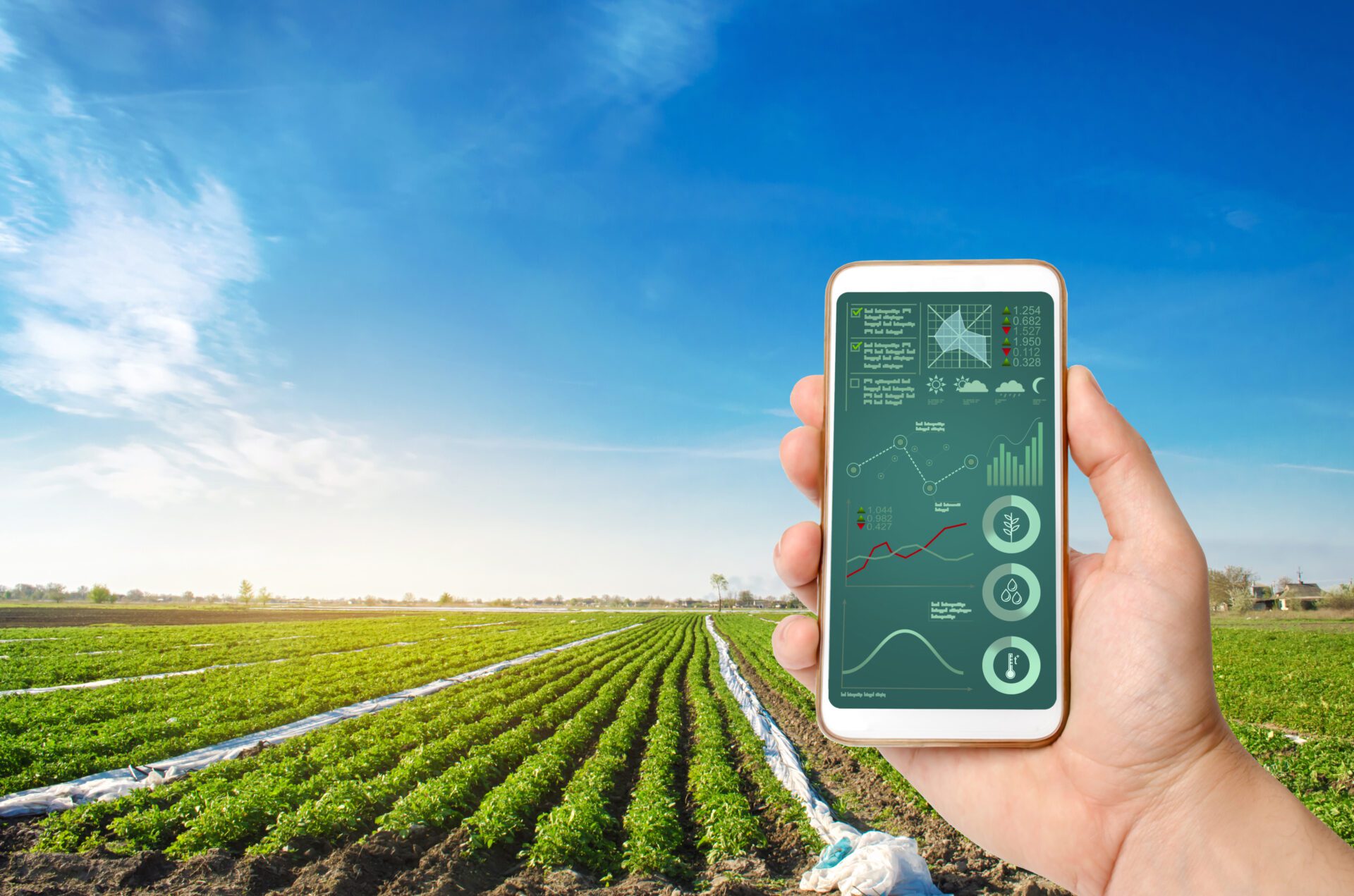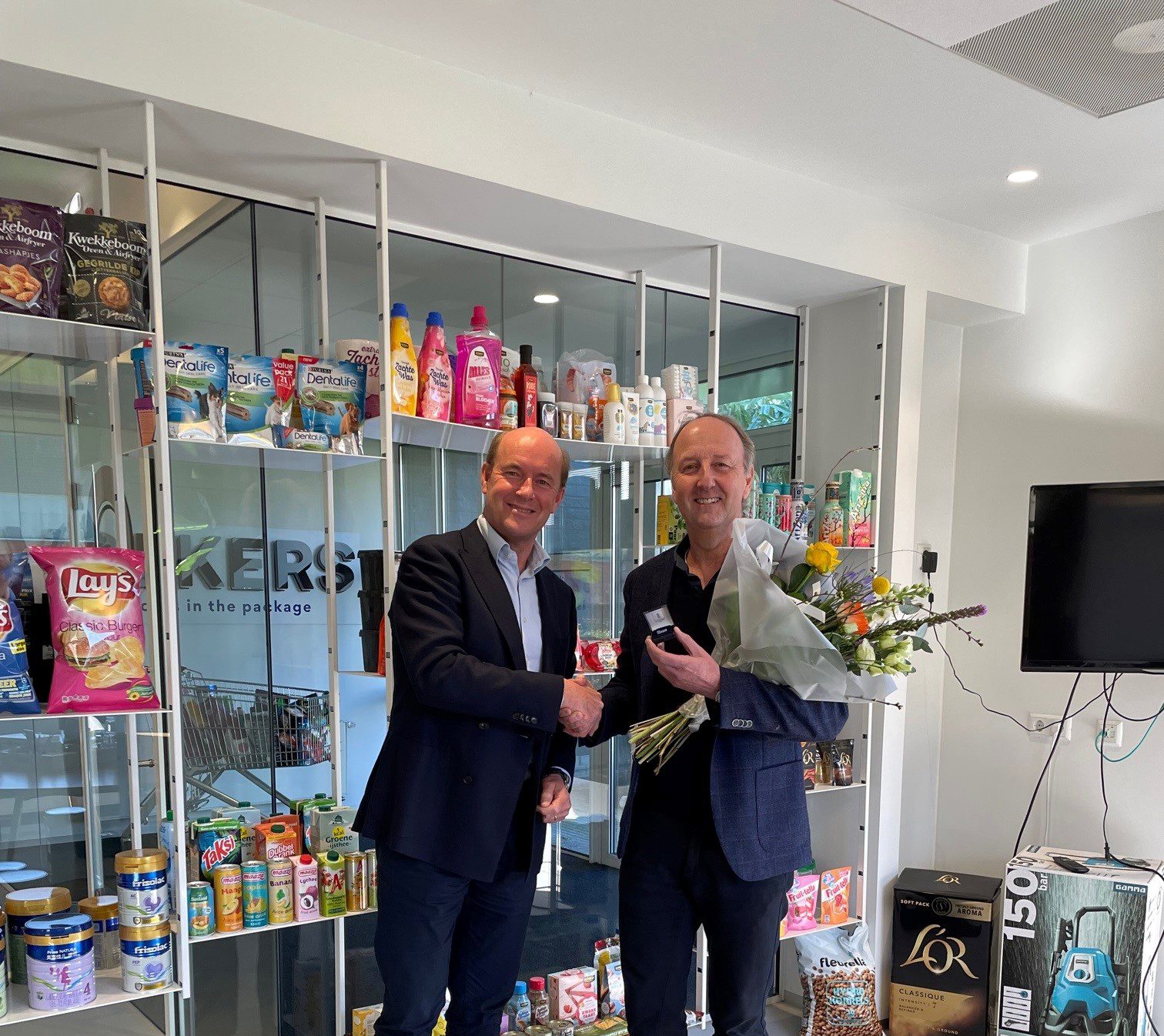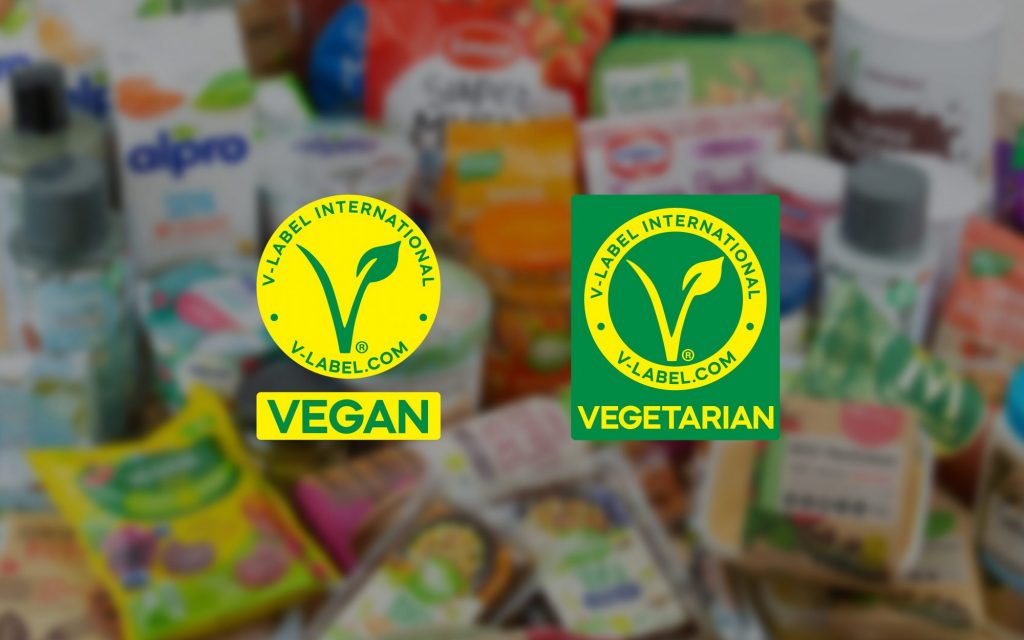Companies in the food sector are more often asked to guarantee that their products are made in a socially and environmentally friendly way.
A major reason is the growing concern of consumers about the impact of their purchases on the planet and the people who live on it.
The production of food can be associated with major environmental impacts, such as greenhouse gas emissions, loss of biodiversity and pollution of soil and water. Working conditions and animal welfare also play a role here.
In addition, there is also increasing pressure on companies by laws and regulations, investors, non-governmental organizations and other stakeholders to take responsibility for the social and environmental impacts.
Does better product education lead to different buying behaviour?
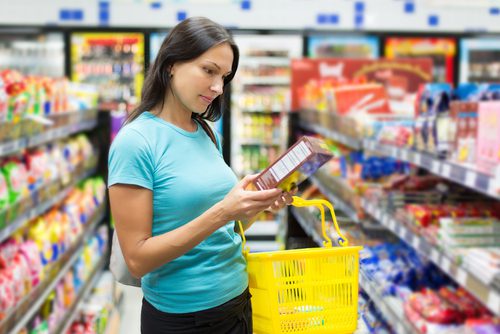

If consumers are given more information about the origin, production process and environmental impact of products, they can make more informed decisions about what they buy. An example of this is the growing popularity of fair trade products, where consumers are willing to pay more for products that have been produced in a fair and sustainable way. The growing number of products with sustainability labels also shows that consumers are increasingly looking for products that have been produced in a responsible manner. Furthermore, there is more and more research that shows that consumers are willing to adapt their buying behaviour to their values and beliefs, such as environmental protection and animal welfare. This can, for example, lead to a growing demand for plant-based products or products that have been produced in an organic way. However, it is not always so simple, consumers are often also influenced by other factors, such as price, availability, taste and convenience. While better product education can be an important step in making consumers more aware of the impact of their purchases, it cannot guarantee that consumers will change their buying behaviour.
Which generations value a fair food chain?
There are several studies that show that younger generations are more likely to pay for sustainable and ethical products. And that they are also more inclined to look for information about the origin and production process of products.It is important to emphasize that this does not apply to everyone and the appreciation for a fair food chain can vary per person, regardless of their age. Moreover, there are also older generations who are aware of these issues and are committed to a sustainable food chain.
What role does the wholesale play in this food chain when it comes to product education?
Wholesalers are responsible for sourcing products from suppliers and distributing those products to retailers and other end users. It is important to stress that wholesalers are also under pressure from consumers, governments, investors and other stakeholders to take responsibility for the social and environmental impacts of their operations.
One of the ways in which wholesalers can provide product education is by providing clear information about the origin and production process of the products they purchase. This can be done, among other things, by providing certifications and quality marks, such as Rainforest Alliance or Fairtrade. They can also impose requirements on suppliers to demonstrate social responsibility, such as compliance with labour standards and environmental requirements.
How does Europe deal with this responsibility in the food chain?
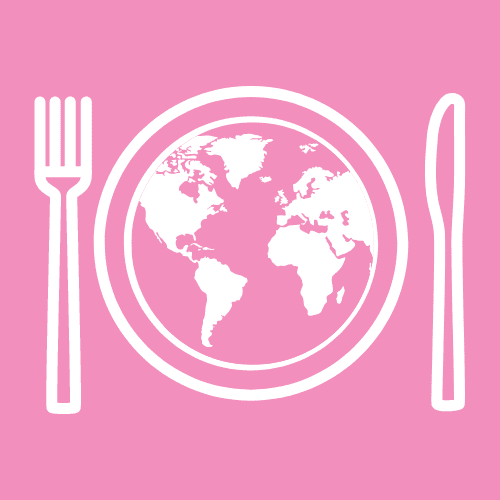

The European Union (EU) has implemented various laws and regulations that promote sustainability and responsibility in the food chain. The EU has also drawn up various policies and programmes that focus on sustainability and responsibility in the food chain.
In addition, the EU also has a number of quality marks, such as the European Ecolabel and the European Agricultural Label, that companies can obtain if they meet certain requirements in terms of environmental protection and sustainability.
However, EU legislation and programmes are constantly changing. Europe wants more attention to human rights and the environment. Therefore, new legislation is coming.
There are a number of countries that are already taking initiatives for responsibility in the production chain. Take Sweden and Denmark, for example. But also in the Netherlands. In the Netherlands we have a large agricultural sector and we are an important player in the European food chain. A number of programmes have been set up to promote sustainability and responsibility in the food chain, such as the “Sustainable Trade Initiative” and “Potato Agreement” programme. In the Netherlands, however, there is still a lot to be gained in the field of more sustainable agriculture and livestock farming and reducing emissions.
The impact of the activities of companies will therefore play an increasingly important role in chain responsibility. Each country has its own challenges and opportunities and will have to contribute to strengthening sustainability and responsibility in the food chain.
